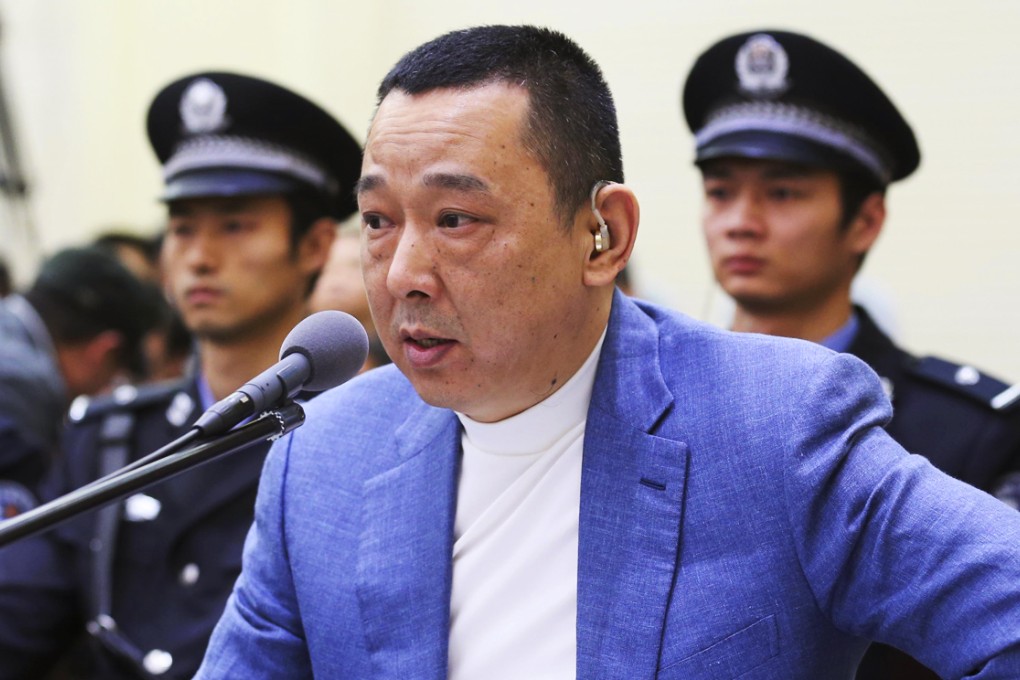Liu Han corruption case highlights extensive and tangled web of bribery
Sources claim mining boss Liu Han, accused of murder, gave bribes by overpaying for companies he bought and by losing at mahjong

The investigation into the dealings of tycoon Liu Han has revealed the intricate relationships between officials and businesspeople on the mainland.
Liu, who was tried on charges including murder and leading a mafia-style gang, built his empire into a vast web connecting many senior officials across the country, according to people with direct knowledge of the investigation. The 21-day hearing into the dealings of Liu and 35 associates adjourned on Saturday.
The mining magnate denied most of the allegations against him, including running a criminal gang, when he appeared at the Xianning People's Intermediate Court in Hubei province, according to a court summary.
Liu's political connections ensured his case was given priority by President Xi Jinping, one of the sources said.
The leadership needs more time to settle disputes among the inner circle
The 48-year-old businessman could be sentenced to death if found guilty and his 855 million yuan (HK$1.1 billion) fortune confiscated. Most senior officials with connections to Liu would escape censure, said the sources, who declined to be identified citing the matter's sensitivity.